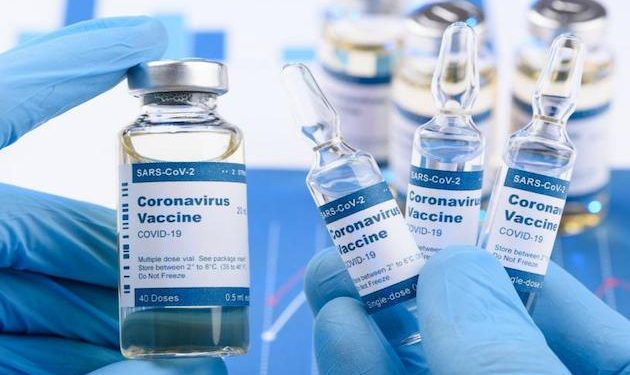- Drugmakers Pfizer, BioNTech and Moderna are expected to see billions of dollars in revenues from the sale of COVID-19 vaccinations.
- To fend off new coronavirus variants, fully-vaccinated people will need an extra dose, according to officials.
- A booster dose of the Pfizer and Moderna vaccines for those with compromised immune systems has been approved by the U.S. Food and Drug Administration.
NEW YORK CITY, New York: Drugmakers Pfizer, BioNTech and Moderna are expected to see billions of dollars in revenues from the sale of COVID-19 vaccinations.
This figure could rival the flu vaccine market, worth $6 billion in annual sales, according to analysts and healthcare investors.
To maintain long-term protection and fend off new coronavirus variants, fully-vaccinated people will need an extra vaccine dose, according to officials from the three companies.
Many governments, including Chile, Germany and Israel, are offering booster doses to older people and those with weak immune systems, in a bid to counter the Delta variant.
A booster dose of the Pfizer and Moderna vaccines for those with compromised immune systems was approved by the U.S. Food and Drug Administration on Thursday.
Pfizer and its German partner BioNTech, along with Moderna, recorded combined sales of over $60 billion in 2021 and 2022, respectively, and analysts predict revenues of over $6.6 billion for the Pfizer/BioNTech shot and $7.6 billion for Moderna in 2023, mostly from booster sales.
The World Health Organization has asked governments around the world to delay booster shots until more people can receive their first two vaccine doses.
Until competitors catch up, Pfizer and Moderna could have greater pricing power for their boosters. Pfizer initially charged $19.50 per dose in the US and €19.50 in the EU, but it has raised those prices by 24 percent and 25 percent, respectively.
AstraZeneca and Johnson & Johnson are both gathering additional data on using their vaccines as boosters, while vaccines by Novavax, Curevac and Sanofi, which have yet to be approved, could also be approved for use.\
Mixed booster doses are already being tested by the National Institute of Allergy and Infectious Diseases, and other countries have not reported problems with this strategy.
The U.S. Government is likely to continue paying to maintain high rates of vaccination rates and prevent new COVID-19 surges, especially during a Democratic administration, said Bijan Salehizadeh, Managing Director at healthcare investment firm Navimed Capital.






